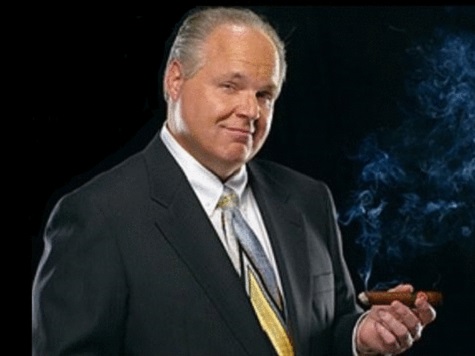Rush Limbaugh and caller Scott from Calhoun, GA recounted how Democrats in the 1990s played a key role in Hobby Lobby’s Supreme Court victory.
In 1990, Justice Antonin Scalia wrote in the majority opinion in Employment Division v. Smith that the First Amendment’s Free Exercise Clause does not allow individuals to avoid complying with generally applicable laws because the Clause “does not relieve an individual of the obligation to comply with a law that incidentally forbids (or requires) the performance of an act that his religious belief requires (or forbids) if the law is not specifically directed to religious practice and is otherwise constitutional as applied to those who engage in the specified act for nonreligious reasons.”
Limbaugh and Scott argued that under this ruling, Hobby Lobby, probably would have lost because the contraception mandate is a generally applicable law.
The Smith decision isn’t the law of the land because in 1993, Congress passed the Religious Freedom Restoration Act (RFRA), which holds that, “Government shall not substantially burden a person’s exercise of religion even if the burden results from a rule of general applicability.”
RFRA was sponsored by Sen. Chuck Schumer (D-NY), passed the House unanimously, and passed the Senate with a 97-3 vote, with Sens. Boxer (D-CA), Feinstein (D-CA), Biden (D-DE), Kennedy (D-MA), Kerry (D-MA), and Reid (D-NV) voting in favor of the act. Eventually, RFRA was signed by President Clinton, and was key in Hobby Lobby’s victory. Limbaugh closed by pointing out that Sen. Jesse Helms (R-NC) was one of the few to vote against RFRA.
Follow Ian Hanchett on Twitter @IanHanchett

COMMENTS
Please let us know if you're having issues with commenting.